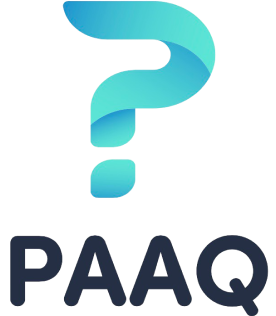In today’s interconnected world, managing global teams requires more than technical expertise—it demands cultural intelligence (CQ). As organizations expand their reach across borders, leaders who develop CQ can navigate cultural differences effectively, fostering collaboration and driving success in diverse work environments.
Cultural intelligence refers to the ability to understand, respect, and adapt to cultural differences. It goes beyond awareness, equipping leaders with the skills to engage meaningfully with individuals from various backgrounds. In global teams, CQ enables leaders to bridge communication gaps, resolve conflicts, and align diverse perspectives with organizational goals.
One critical component of CQ is cognitive flexibility, the ability to adapt thinking and behavior to different cultural contexts. For instance, understanding that direct communication is valued in Western cultures but may be perceived as confrontational in certain Asian cultures allows leaders to tailor their approach. This adaptability helps build trust and fosters effective communication within teams.
Emotional intelligence also plays a significant role in CQ. Leaders must empathize with team members, recognizing and respecting their cultural norms and values. By doing so, they create an inclusive environment where individuals feel valued and understood, boosting morale and productivity.
Organizations are increasingly investing in CQ training programs for their leaders and employees. These programs include activities like cultural simulations, role-playing, and exposure to diverse perspectives, all aimed at enhancing cross-cultural understanding. Such initiatives are proving essential in preparing teams to thrive in global markets.
The benefits of CQ extend beyond internal team dynamics. It also impacts external relationships, such as negotiations with international partners or collaborations across different cultural regions. Leaders with high CQ are better equipped to build strong, mutually beneficial relationships, ensuring long-term success in global operations.
Cultural intelligence is a vital competency for leaders managing global teams. By developing CQ, leaders can navigate cultural complexities, foster inclusive environments, and position their organizations for success in an increasingly diverse world.
Source: Science Publishing Group




